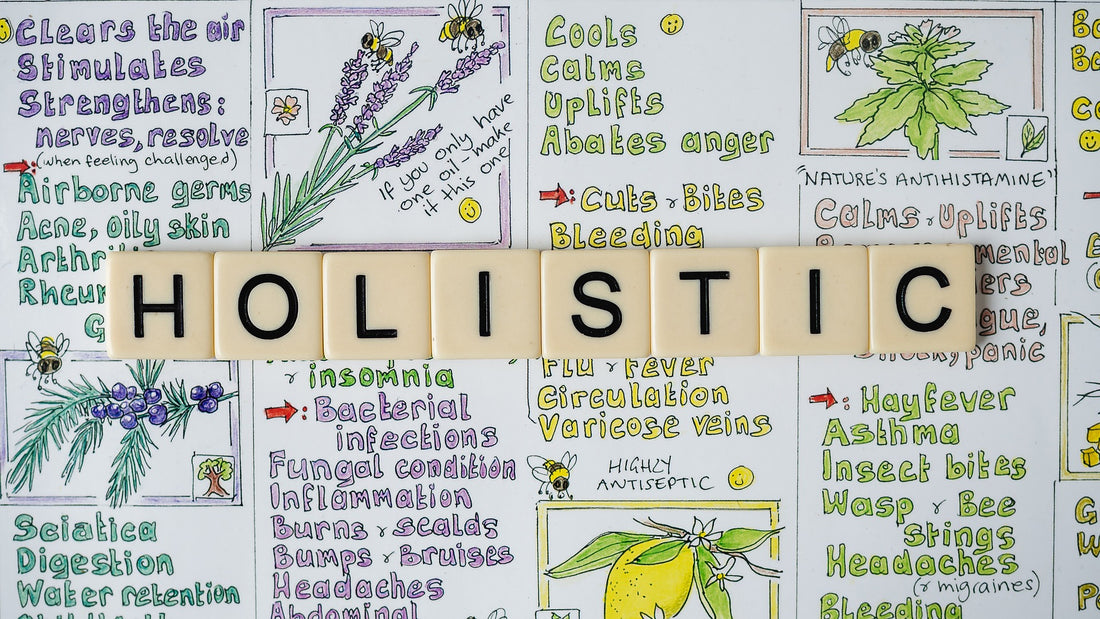Ayurveda is a form of medicine from India that uses a constitutional model. It's not meant to treat a disease or a symptom, but instead focuses on balancing the body so it can heal itself naturally. The goal of Ayurveda is balance—balance between our mind and body, between work and play, even between yin and yang.
Ayurveda is an ancient form of medicine from India that uses a constitutional model.
Ayurveda is an ancient form of medicine from India that uses a constitutional model to determine what health issues you are likely to have. This means it takes into account your physical traits and other characteristics in order to devise a treatment plan specific to your needs. Ayurveda is holistic, which means that it treats the whole person instead of just their symptoms or one aspect of their body at a time.
Your constitution is determined by factors such as your dominant dosha, your age, what stage of life you're in, and your health needs.
Your constitution is determined by factors such as your dominant dosha, your age, what stage of life you're in, and your health needs. The three elemental forces that make up the body are represented by the doshas. These are vata (wind), pitta (fire) and kapha (water). Each of us has varying amounts of each dosha within us—it's not unusual to have all three present in different percentages at any one time.
Your constitution will change throughout your lifetime due to a variety of factors including genetics and environment. For example: if you live an active lifestyle but eat poorly, then it's likely that vata will increase over time because this increases the need for physical activity while also reducing digestive capacity.
Ayurveda is not meant to treat a disease or a symptom.
Ayurveda is holistic, which means that it treats the whole person. This means that it considers both physical and mental symptoms when diagnosing an illness. Ayurvedic medicine does not replace western medicine and is not intended to treat a disease or symptom.
Ayurveda uses herbs, but in a way that's very different from western medicine.
Ayurveda uses herbs as a preventative measure rather than a cure. The idea of using herbs to balance the body and mind is something that we can all benefit from, but it requires time, effort, and discipline on our part.
Ayurveda believes that when we are healthy our bodies are more able to heal themselves naturally without drugs or surgery. It is believed that by using natural remedies like spices, teas, and oils we can improve our quality of life by living longer with fewer health problems such as cancer or heart disease.
Ayurvedic medicine may be effective for some conditions
Ayurvedic medicine is an ancient form of natural medicine that uses a constitutional model. Your constitution, or prakruti, is determined by factors such as your dominant dosha, your age, what stage of life you're in, and your health needs. Because it's based on the unique makeup of each person—and therefore not generic like most Western medicines—ayurvedic treatments can be very effective in addressing specific symptoms.
For example:
- A person with vata imbalances might have constipation or diarrhea; one with pitta imbalances might have rashes; one with kapha imbalances might have water retention.
- A person who is overweight may need to lose weight through dieting; a person who is underweight may need to gain weight through nutrition supplements like protein shakes or food bars; someone who has high blood pressure may need medication from their doctor but also lifestyle changes such as exercise and meditation to lower their heart rate so they can manage stress better (which helps keep blood pressure down).
Ayurvedic medicine can be a good option for some people. If you’re in search of an alternative to modern medicine, it might be worth looking into Ayurveda. But if you want to try this approach, make sure you find a qualified practitioner, talk to your doctor, and carefully consider the benefits and risks before making any decisions about your health care.

